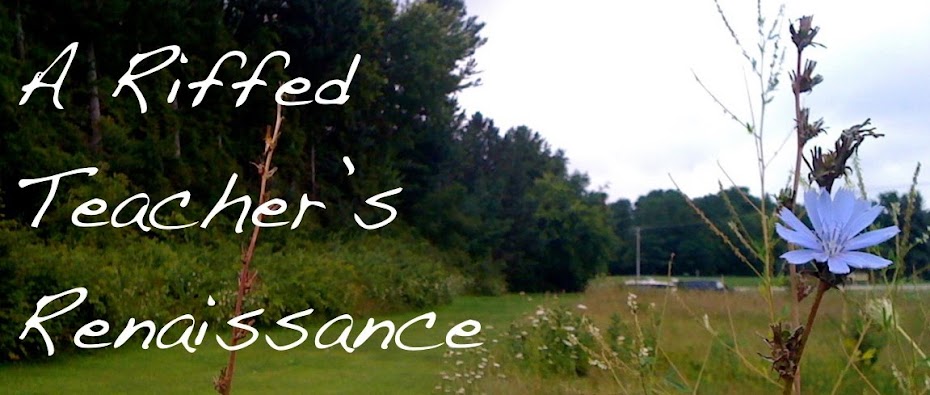 Right now I’m sitting on my deck, looking at the Sears Tower in the distance (yes, I still call it by its original name!), simply enjoying the city view. I’m also contemplating my potted geranium, which, until a couple of weeks ago, I’d totally written off as a potentially flowering plant and become resigned to the fact that it would probably be nothing more than a green head of lettuce.
Right now I’m sitting on my deck, looking at the Sears Tower in the distance (yes, I still call it by its original name!), simply enjoying the city view. I’m also contemplating my potted geranium, which, until a couple of weeks ago, I’d totally written off as a potentially flowering plant and become resigned to the fact that it would probably be nothing more than a green head of lettuce.
When I first bought it, the pot was a mixture of red geraniums and a sort of wildflower-looking creature called calibrachoa. Within a week, the overhanging calibrachoa had literally died on the vine for reasons I really don’t understand, and the geraniums soon followed suit. Now, if one were to judge my green thumbing abilities by the house plants that pepper my apartment, one would, I believe, think I had something of a knack. But this particular outdoor plant had become my nemesis, a relentless force of nature determined to defeat me.
Finally, I reached the point where I would grow depressed at the very sight of the wilted thing, so I set about grabbing the clippers and yanking out the withered calibrachoa. After about a week had passed, I stepped outside onto the deck to water my little lettuce head, and much to my surprise I was greeted by the tiniest of geranium buds--pregnant with a blossom just waiting to burst! I know it sounds corny, but what a beautiful and resilient thing is nature! That little pot of geraniums has become a symbol of my own renewal, for if nature is able to regroup and return stronger and more beautiful the second time around, so can I.
All this talk of geraniums reminds me of one of my favorite novels, To Kill a Mockingbird, in which the character Mayella Ewell--who was raised in a sea of poverty and filth--is said to have beautiful geraniums growing amidst the junk of her family’s backyard. I’ll end with this final image: "...against the fence, in a line, were six chipped-enamel slop jars holding brilliant red geraniums, cared for as tenderly as if they belonged to Miss Maudie Atkinson. People said they were Mayella Ewell's" (176-7).
